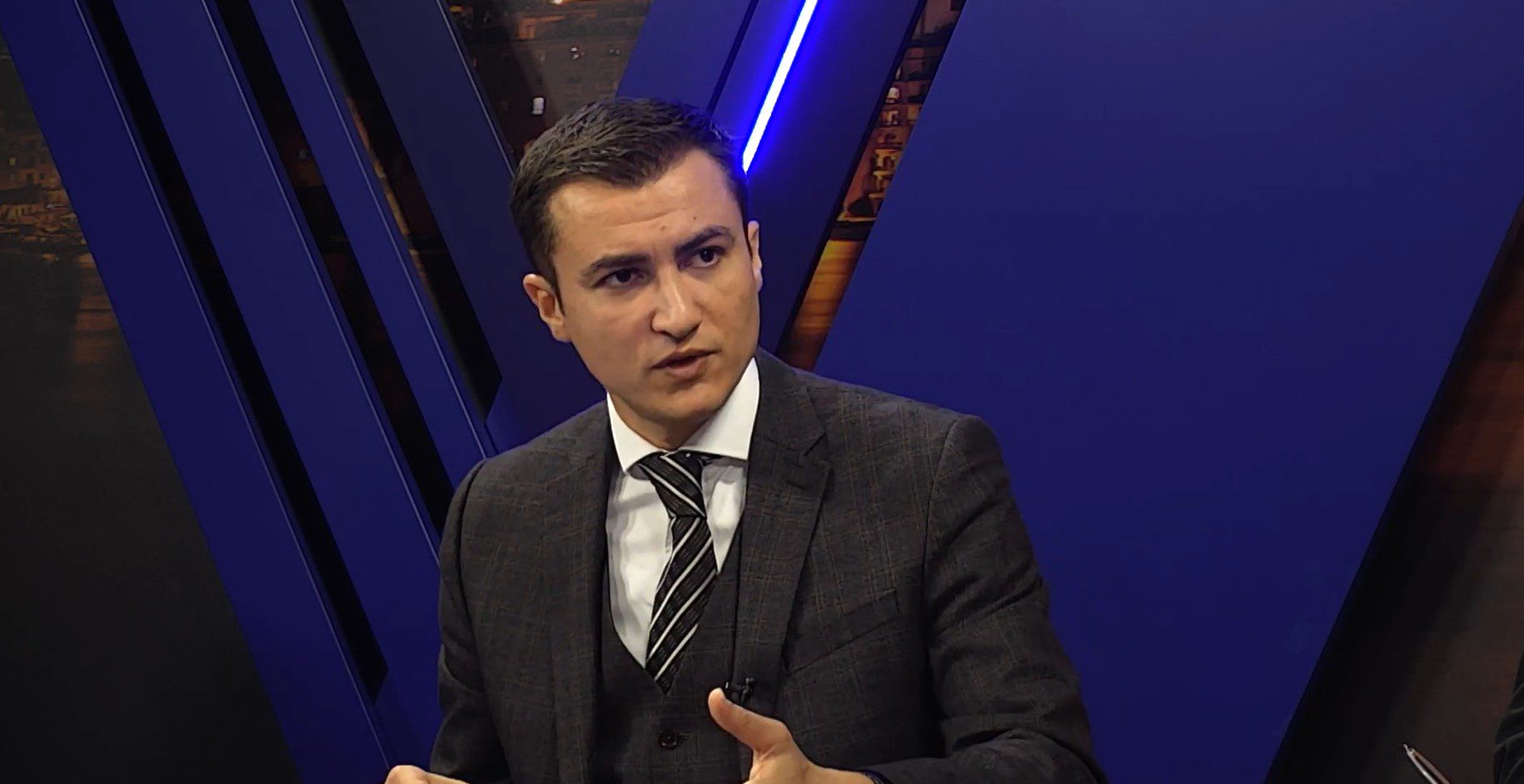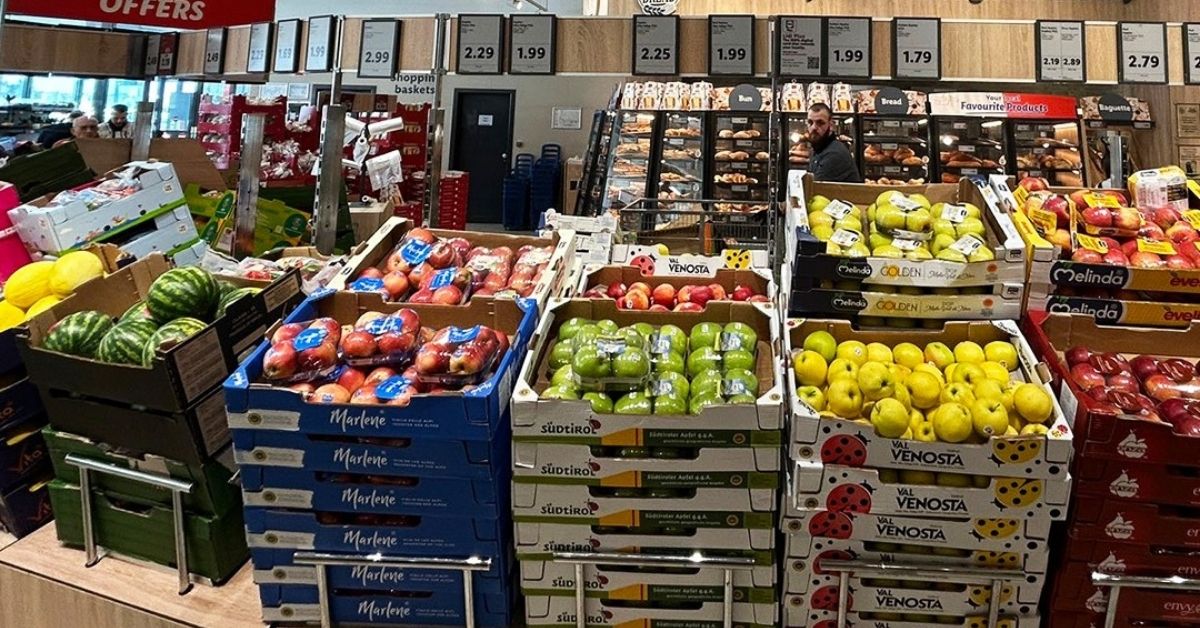The perception that Malta is overpopulated has risen to new levels this summer as gridlocked roads, rubbish-strewn streets and a costly breakdown in the electricity distribution system have driven complaints to fever levels.
Earlier this week, The Times released a bombshell article quoting multiple Cabinet sources and senior officials saying that Government has adopted an unofficial stance to limit the number of non-EU nationals in Malta.
However, Minister for Economy Silvio Schembri is portraying this “general policy” as simply the next step in a direction adopted as far back as 2019.
Speaking to BusinessNow.mt following a press conference announcing a €50 million investment by telecoms company Melita, the Minister downplays the idea that Government has only woken up to the strain being placed on Malta’s infrastructure and services by a rapidly growing population this year.
“The process began a while ago,” he says. “It was in 2019 that Government started paying close attention to ascertain that new foreign investment in Malta would not be labour intensive.”
He argues that much of the foreign investment entering the country over the last four years has been involved in areas like research, technology, pharmaceuticals, and related to new niche industries like video game development and esports.
“These are sectors which require fewer people, but these people produce higher value added goods and services.”
Nonetheless, he stood fast against the suggestion that growing Malta’s population so rapidly was a mistake: “In 2013 [the year the Labour Party came to power] we had a dead economy with high unemployment,” he said. “We had to accept any and all foreign investment, and that has paid off as our economy boomed.
“Now we have a new reality.”
Malta’s population stood at around 425,000 in 2013, growing to 515,000 by the end of 2019.
Despite the claimed efforts to limit population growth since then, this figure increased to 542,000 by the end of 2022.
Almost a third of the workforce is foreign, with the share of non-EU workers increasing over time.
Asked about the impact a reduction in the number of foreign workers would have on the sectors most reliant on migrant labour, he emphasises that the change is slow and gradual one.
“We have a strategy, and it is not about shocking the economy by losing 100,000 workers overnight, or in any way going backwards. That is absolutely not the case.”
He added that the incentives issued by Government, and the conditions and priorities attached, clearly law out a direction for the country.
“When the industries you have invest in modern technologies and become less labour intensive, that means that when a person ends their term of employment, you don’t necessarily need to get someone else.”
He highlighted a recent visit to a furniture factory that doubled its operational capacity yet only increased its workforce by two, thanks to an investment in automation.
He added that Government remains committed to growing the economy, and ensuring its does so sustainably.
Back in action: Lidl Malta confirms shelves are full once more
Lidl's shelves are full once more and deliveries are back on schedule.
Malta Chamber signs agreement with PsyPotential Ltd to advance corporate wellness in Malta
It aims to strengthen Maltese businesses by promoting best practices in leadership, professional development, and corporate wellness
Visit Malta partners with Melbourne’s George Cross FC to target Australian tourism market
The partnership will see Visit Malta become the club’s main jersey partner






